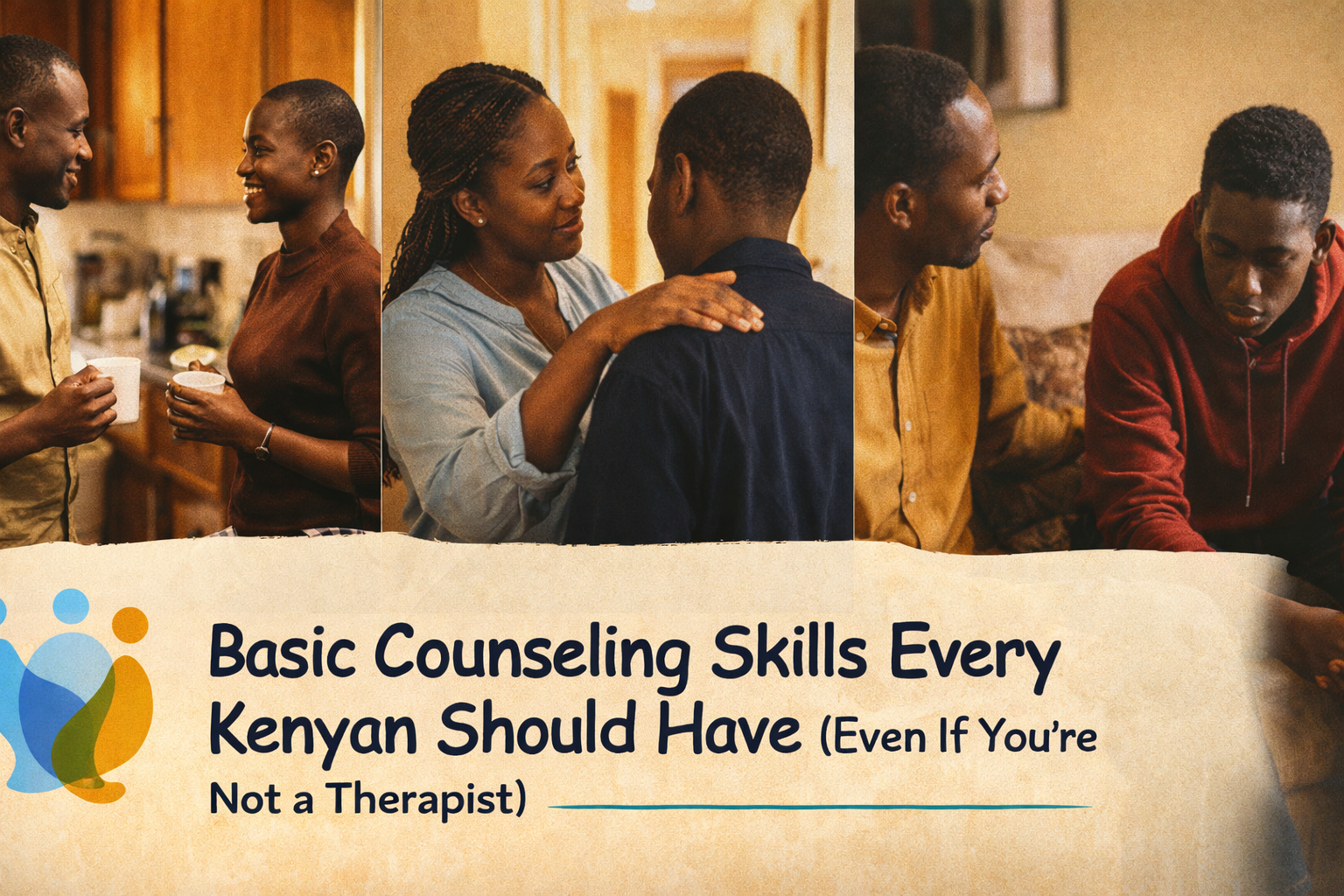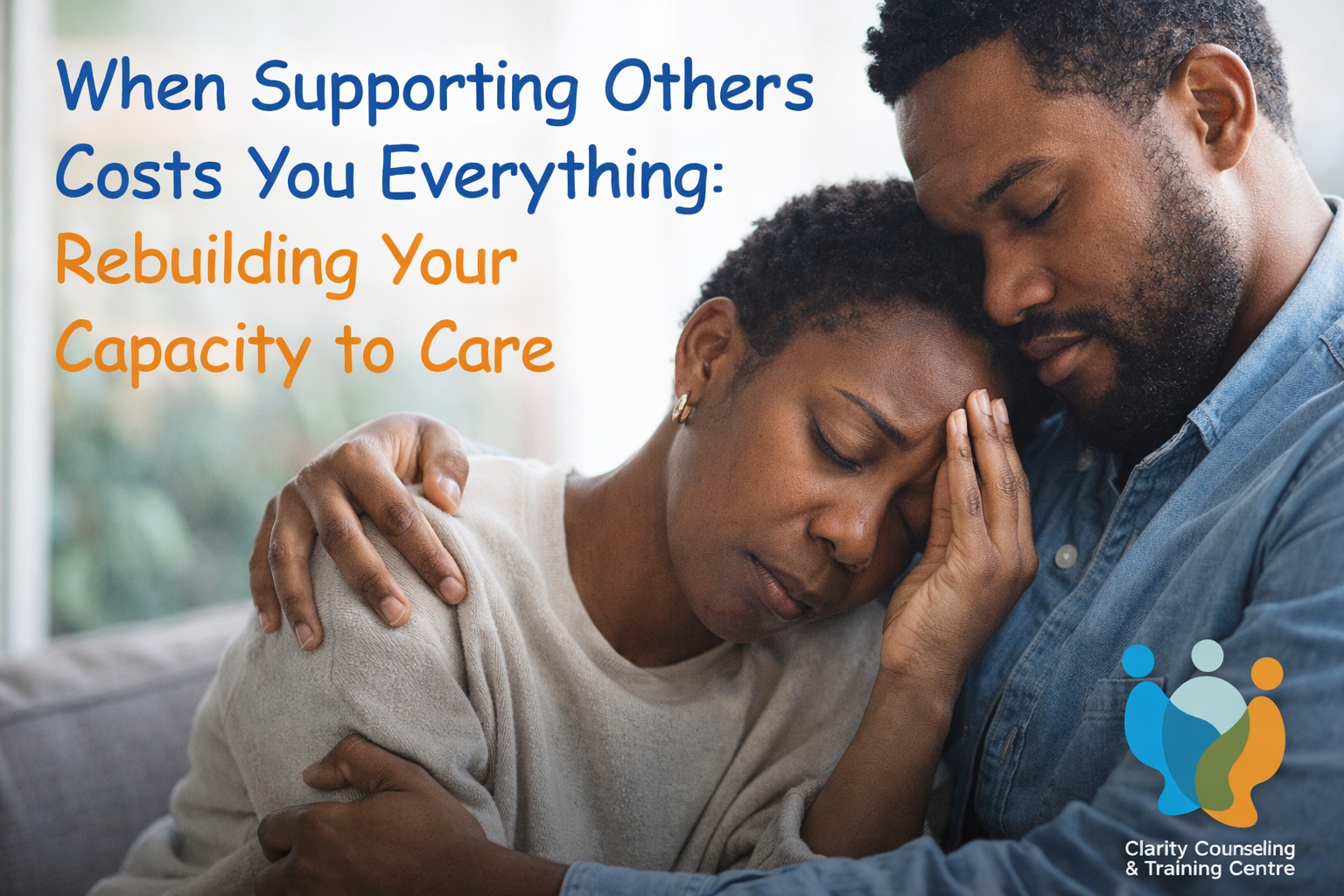Why Boarding Schools Might Not Be The Best Place For Your Child

Why Boarding Schools Might Not Be The Best Place For Your Child
I grew up in a village in Central Kenya where one would have to walk for a couple of kilometers to get to school. I however only got to attend school in the village when I was in class one. I had started school in Naivasha where my father worked for a couple of years until he was transferred to Nairobi and I had to go back to the village and attend school there.
The next three years of my life were a rollercoaster of events. I had to adjust to walking for more than 30 minutes to get to school, carrying water to school to wash the floors, not to mention the bullying especially from boys. Things got even worse when my best friend at the time went to boarding school. Needless to say I begged my parents night and day to take me to a boarding school as well. That decision was not so hard for them to make since most of their friends were taking their children to boarding school anyway. None of the schools in the village were performing well, which was a priority for most parents.
I was excited to go to boarding school, until the reality of what that meant kicked in. I was only 10 years old at the time, and the loneliness I experienced was untold. The bullies were no better than those back in the village; the only difference was that they were girls. It was a nun’s school, with very strict rules. My former school mates and I still talk about the lashes we got without an explanation; or because the class next to you was making noise.
Looking back, the matrons must have been projecting their frustrations on us because the punishment meted out on us was sometimes unwarranted, and very cruel. We would leave class after night preps only to go to the dorms and because people were whispering, we would be told to squat for hours. Some girls would fall asleep in that position only to collapse on the floor. I dared not tell my parents after my convincing pitch to change schools. With time, I learnt to ignore the pain, and focus on doing well at school. It was not until I studied psychology years later as an adult that I realised what those experiences did to me.
I am bit too happy with my own company for starters; and I genuinely do not miss people. I feel very uncomfortable when someone says they missed me because unless I lie to them; the truth is that I didn’t miss them. I was very uncomfortable expressing certain emotions as well, or asking for help. As a result, I have always enjoyed the company of men more than women. Imagine how shocked I was when I discovered that what I previously was proud of and labelled as resilience was actually something I needed help for.
I believe mine is the story of quite a number of individuals born in the 80s, and 90s moving forward. I soon discovered that what I had to deal with in therapy was a group of symptoms referred to as ‘boarding school syndrome’ a term coined by Joy Schaverian, a psychotherapist and author. This term represents a cluster of psychological issues common in adults who attended boarding school.
I have discussed here five of these symptoms that I can relate to only too well.
1. An unhealthy need for acceptance.
A child who separated from their parents at a young age has limited periods of time when they feel truly accepted and loved. The only time they get to experience appreciation is when its pegged to their performance. This contributes to a personal narrative that is common among people who went to boarding school; that their value is performance based. Not only does this contribute to materialistic thinking, but it also leads to unhealthy relationships where the Individual does things for their partner fuelled by an unconscious belief that the more they give, the more the other person will love them. It can also lead to attention seeking behaviour such as being a show off, hoping to make people like them based on their display of skill or material possessions. Such people are also prone to deep seated insecurity that originates from the sense of loneliness experienced at such a young age, that they find difficult to face since they are used to suppressing negative emotions.
2. A rigid personality
A boarding school is a very controlled environment. Meal times, play time, study time, and even entertainment are all scheduled activities. While this routine can lead to discipline, it is also responsible for a dependence on schedules and routines and an attempt by the individual to control things around them. This could be following rules to the letter, or having a prescribed way of doing things bordering on perfectionism. Such people cannot stand a deviation from their normal routine. Any deviation and uncertainty that they encounter and that is out of their control leads to high levels of anxiety and sometimes depression. People with a rigid personality lack the ability to reason beyond their perspective; and they can end up being very argumentative even when there is no need to be.
3. Dissociation
Children who go to boarding school have no choice but to learn to be self reliant and independent earlier than they ought to. In the harsh psychological environment of such schools, one learns very quickly that their survival is dependent on their ability to put on a brave face even when they are suffering from deep pain and discomfort. After all, no one is available to comfort you. Displays of emotion especially crying are regarded as a sign of weakness in such environments, which leads to the development of a ‘survival personality’; a Suppression of emotions to appear strong and competent on the outside whereas on the inside, they struggle with a deep sense of insecurity. This dissociation affects the quality of relationships the child has with others even as an adult. It makes them incapable of establishing intimate relationships and creates a perception of others who are not afraid to express their own emotions as ‘too emotional‘ or ‘weak.’ This may come across a lack of empathy to the other person.
4. Inability to deal with disappointment and failure.
For most children in boarding schools, their performance is the most important thing to them because it determines how the people around them treat them (Teachers and fellow students) there is no unconditional love in such environments. The best performing students become the most popular children in the school whereas those who perform poorly are looked down upon. Their value and self worth therefore becomes dependent on their performance. This continues well into their adult years and extends to the relationship they have with their jobs. Most ex- boarders are workaholics whose worlds would fall apart if something happened to their ability to work. They blame themselves for things that go wrong in their lives and lack the ability to recognize other factors that were at play for such problems to occur. Every situation that does not go their way is perceived as a personal failure on their part. This self criticism and unrealistic demands on self, others and the world around them can lead to extreme frustration, fear of failure and the inability to adjust to disappointments. What makes failure and disappointment so terrifying to the ex-boarder is the fact that success and failure are tied to their sense of self. This explains the high susceptibility to suicide and mental illness.
5. Failure to sustain relationships
This should not come as a surprise given the other symptoms discussed above. Most ex-boarders lack the capacity to sustain long-term relationships with friends and romantic partners for a number of reasons.
One is emotional numbness. The trauma experienced by children who attend boarding school leads to an emotional numbness that renders the individual incapable of being in touch with their own emotions, or being sensitive towards others. It is not surprising to hear spouses of ex-boarders describing them as cold.
Secondly, they may also develop an avoidant attachment style characterised by: being dismissive of others, a strong sense of independence, difficulty trusting others, avoidance of emotional and physical intimacy, a strong belief that one does not need others, feeling threatened by people who try to get close to them, commitment issues, spending more time alone than with others.
Thirdly, with their self esteem being tied to their work, most ex-boarders would rather invest more time in their work than their relationships. For those who develop rigid personalities, it becomes challenging for others to relate with them as they can come across as selfish, too harsh, critical and overbearing; making it difficult for such relationships to thrive.
These symptoms do not necessarily apply to every ex-boarder; and may be more representative of those who went to boarding school very early on in their lives, and those who attended very strict boarding schools with inhumane environments.
However, with the rising concerns of an increase in mental health issues, it is important for parents to flip the coin and see what lies on the other side; other than making decisions based on the impressive results posted by these schools.
Success is only permanent if its accompanied by emotional well-being
Can you relate to this article?
Are you struggling with boarding school syndrome?
Let’s hear what you have to say by commenting here.









